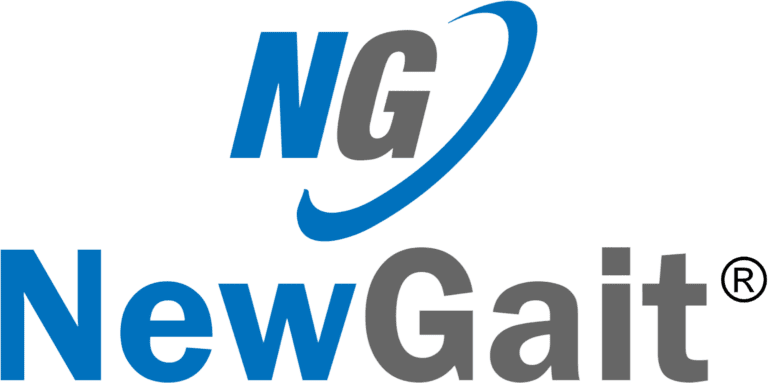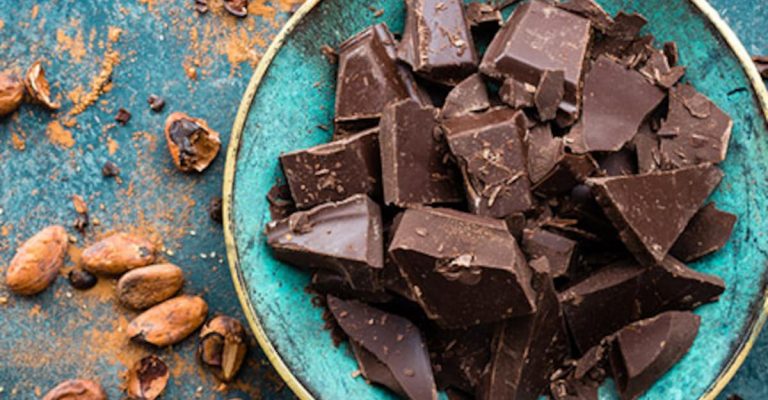A good diet is one of the major aspects that can improve recovery from a brain injury. One has to understand what works for them in order to apply it purposefully in daily meals.
This article looks at some of the best foods for TBI recovery based on clinical studies and some foods to avoid. Knowing how some foods either facilitate or impede recovery from TBI could be a good motivational factor in assisting patients in arriving at healthier life choices over time.
Key Nutritional Needs for Brain Injury Recovery
After a head injury, the brain must be supplied with a diet consisting of brain-energizing food. The brain, on its own, demands a lot of energy for its function. This demand for energy is multiplied after a head injury to enable the establishment of compensatory brain connections.
In this regard, a good diet for recovering from brain injury should contain a lot of healthy fats and proteins. Fats are indeed very important as they play many roles in brain cells. A large number of these cells are covered by a fat lining known as myelin.
This layer is essential as it will speed up the process of information transfer between brain cells and, as a result, the processing of data faster. Moreover, a number of the most favorable foods for recovery from brain injury are rich in certain vitamins and minerals, which the body is usually deficient in post-traumatic brain injury (TBI) since these include magnesium and zinc.
Also very significant are Flavonoid foods, especially for individuals who suffer head injuries. Flavonoids carry Antioxidants that counteract free radicals.
This becomes very important after brain injury, as the reactive molecules might cause inflammation in brain tissues and even interfere with cerebrovascular blood flow. Therefore, people with TBI can improve their chances of successful recovery through an anti-inflammatory diet.

Feed Your Mind with These Brain-Rejuvenating Foods
It is necessary to ensure that your brain is properly nourished through your diet with all the necessary nutrients, vitamins, minerals, carbohydrates, proteins, fats, water, and other microelements. These essentials are very important, so make sure you include them in your daily meal, as they work hand in hand in keeping your mind in perfect shape.
Blueberries
In fact, blueberries and Alaskan blueberries are completely filled with flavonoids, which gives them the highest grade of antioxidants compared to other common vegetables and fruits.
That means it is really good for reducing inflammation and particularly useful for helping the brain repair itself after a concussion. It also can potentially improve communication between your brain’s cells and maintain excellent brain function.
You must be wondering how you can use these super berries in your diet. It’s very easy: just sprinkle them over your yogurt or your morning cereal for breakfast. You can also put them in a smoothie for a refreshing and healthy breakfast.
Flaxseed Oil
Apart from seafood, many other sources of omega-3 provide great benefits after a head injury. Among all fish replacements, flaxseed oil is a very good source of omega-3 fatty acids. Although a large proportion of omega-3 in flaxseed oil needs to be converted to a more available form, it remains a valuable dietary supplement in practice.
Just one tablespoon of oil in a recipe, be it for a salad or smoothie, will yield 7 grams of omega-3. Nearly 2.5 grams of omega-3 can be found in ground flaxseed sprinkled onto yogurt or oatmeal. However, more significant amounts would be required to achieve the same effect, as the omega-3 from flaxseed oil is not as readily accepted as that found in fish.

Avocados
Avocados are rich in monounsaturated fats, which are the good dietary fats the body needs. Nourishing brain cells with these good fats keeps them healthy and in their optimum functional state. Avocados are also high in vitamin E, protecting the brain from oxidative stress.
Avocados also contain potassium, a mineral that helps maintain normal blood pressure and improve blood flow. It may also be good for brain injury recovery. Avocados are quite versatile and can be included in many meals, from a salad to a sandwich, or one can even prepare guacamole.
Green Tea
Just one or two cups of green tea a day after a concussion will make you more alert, have a better memory, and think better. It also protects the brain from free radicals and reduces inflammation.
Along with all these, green tea is also rich in a certain type of amino acid known as L-theanine. The amino acid has been proven to act against anxiety and facilitate relaxation without causing sedation per se.
Recovery from a concussion is largely about not experiencing stress and keeping as relaxed as possible. In that case, green tea must be a great drink to take in your diet after a concussion.
Nuts and Seeds
Seeds and nuts are another great source of omega-3 fatty acids. For example, one serving of walnuts provides roughly 2,500 mg of omega-3 fats. The skin of the walnut also contains some important antioxidants. This would make seeds and nuts very important to an anti-inflammatory diet, particularly after a concussion.
If you don’t eat meat, beans can be part of your diet. They make an excellent substitution for meat. Most importantly, beans are rich in zinc, which facilitates faster healing, especially after head injuries. Other nuts, such as pecans, contain important fats that aid in recovery from a head injury and enhance cognitive processes overall.
Speaking of pumpkin seeds, they are the perfect snack for everybody, not just concussion recovery patients. They contain high amounts of zinc, copper, iron, magnesium, and many other vital microminerals. All these elements reduce anxiety and promote long-term memory. Moreover, they reduce cholesterol and fight high blood pressure.
While pumpkin seeds are abundant in omega-3s, they also contain omega-6s. One caution to remember is that overeating these seeds might promote inflammation instead of reducing it. So, one has to be careful with the consumption of pumpkin seeds. Prepare them by roasting the seeds or even toasting them by throwing them into your salads or yogurt.
Ginger
It is also believed that ginger can reduce the inflammatory process in the brain and stop it to prevent any possible damage to the neurons, hence sustaining healthy functions. It is like having a neuro-assistant standing by at any given time to ensure everything runs smoothly. It may reduce the symptoms of depression or even prevent neuropsychiatric disorders in the future.
You would be thinking now about how to include this miracle root in your everyday diet, but believe me, it’s far easier than you can imagine right now. To include it is very simple. Just start with brewing a warm, invigorating cup of fresh ginger tea to add a flavor twist to your Chinese dishes; it blends right in, making your food taste even better.
Dark Chocolate
Dark chocolate, rich in magnesium and antioxidants, is an ideal choice for nourishing a healthy brain—especially during the healing period after traumatic brain injury. However, remember that dark chocolate has many health benefits. It should be consumed only in small quantities. This is because it contains processed sugars, which you would want to reduce if you are recovering from any kind of brain damage.
Therefore, to reduce these refined sugars, you are encouraged to consume dark chocolates with a high cocoa content. Normally, the higher the amount of cocoa in a chocolate, the less added sugar. To gain maximum benefits from dark chocolate, go for at least 70% cocoa.
Meat
Meats are a great way to raise protein and the most important source of food for zinc. The levels of zinc in the brain rapidly deplete after brain injury.
In fact, all of the research is based on zinc deficiency, which typically follows weeks after this kind of head injury. In fact, the degree of TBIs is associated with the depth of deficiency. Survivors need to restore the level of zinc because of its indispensable role in the body’s immune system and memory formation.
A great source of zinc is red meat, particularly some of them. For example, processed red meat raises the risk of heart disease.
To Sum Up
Nothing is more important than food in this process of recovering from brain injury. If the brain doesn’t receive the necessary nutrients, it struggles to overcome and mend itself, reducing the chances of recovery. Hence, eating foods rich in beneficial fats, proteins, and nutrients is crucial for the best possible recovery after a brain injury.

